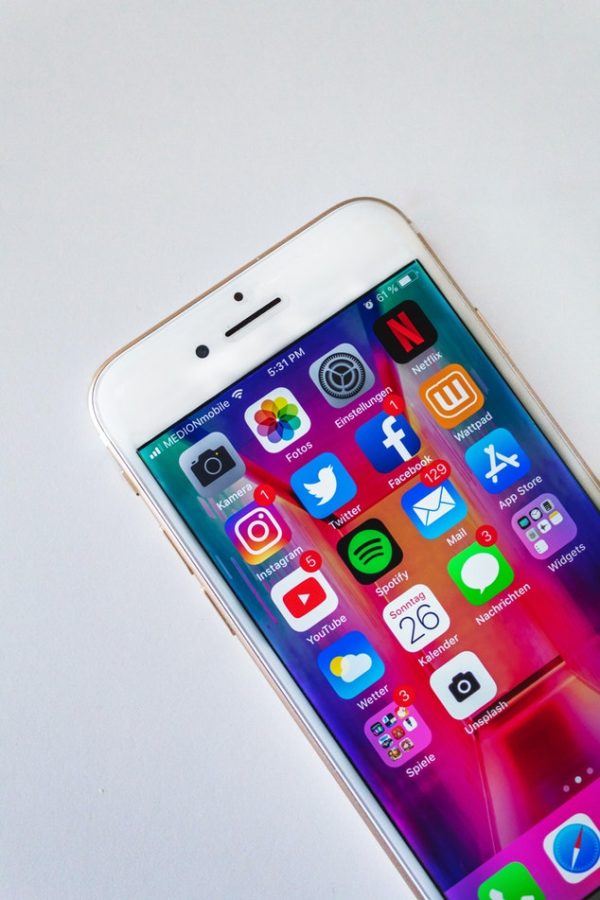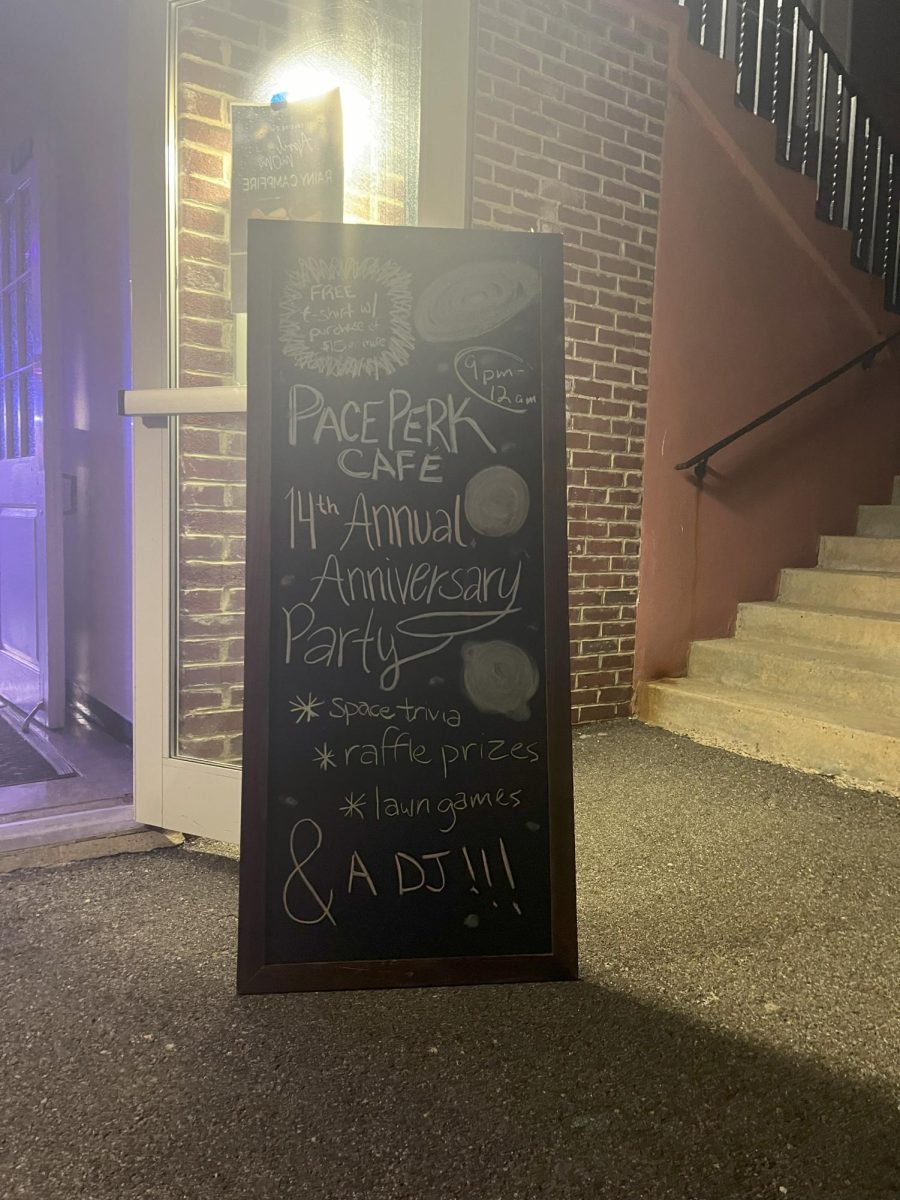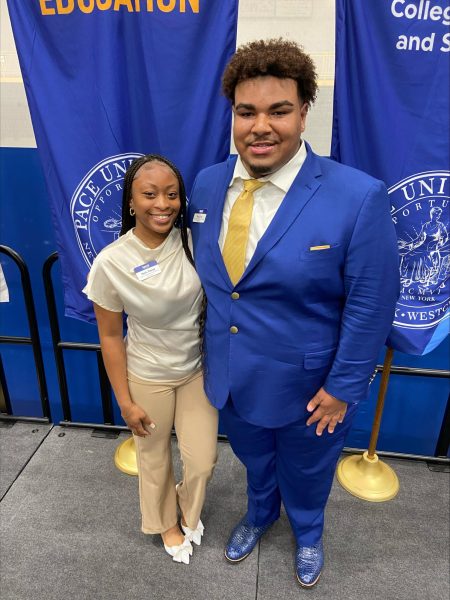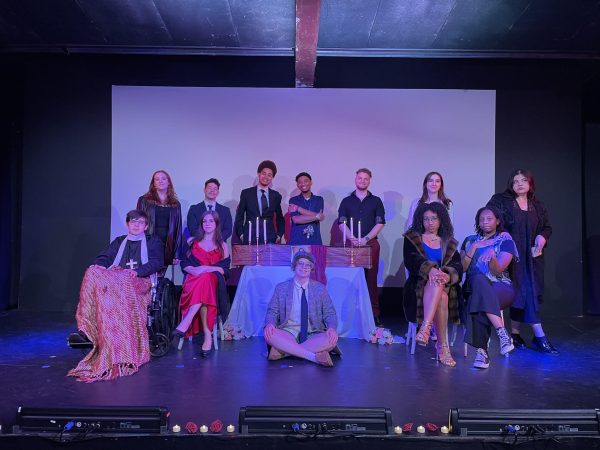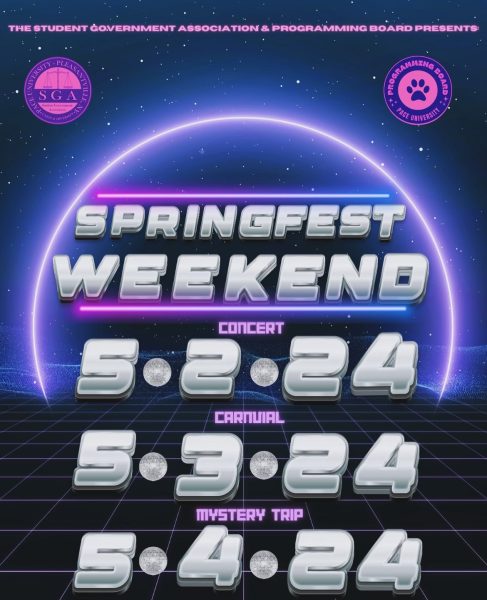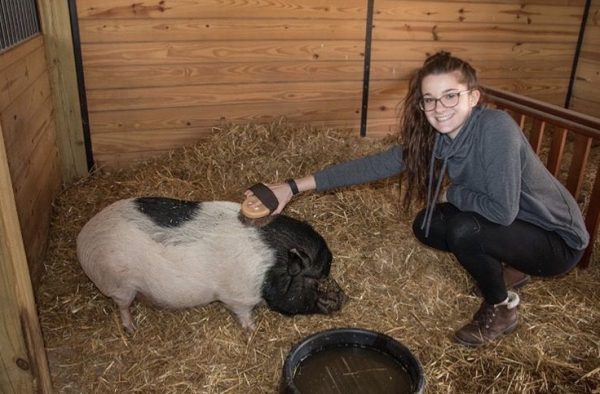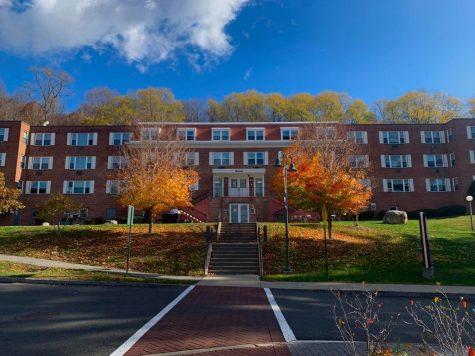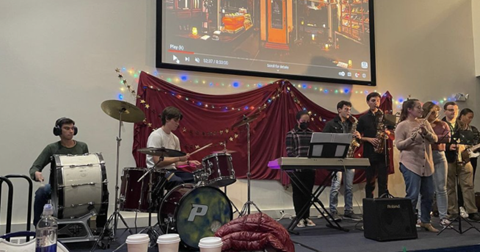Old Posts Coming Back to Bite: ‘Brother Nature’ and how Social Media Impacts our Generation’s Job Search
Social media has its positives, but if you have been on apps since a young age, it may be time to delete old posts that can come back to haunt you.
October 26, 2018
Living in a world in which technology is so advanced, what individuals decide to release on the internet becomes difficult to take back. When it comes to posting on social media, it is important for students to take caution and to be aware of who has access to view their content as it can affect their career aspirations.
Recently, internet sensation Kelvin Peña, known to most as “Brother Nature,” posted an apology note after the resurfacing of his past racial, sexist, and anti-semitic tweets.
Peña stated in his apology that he was only 12 when he started using social media and was “very impressionable and was seeking attention.”
Old Brother Nature tweets have surfaced. pic.twitter.com/ugjVrcYYqc
— 24/7 HipHop News (@BenjaminEnfield) October 21, 2018
Peña began receiving attention in 2016 after posting a video called “Money and the deer squad,” which eventually went viral. After posting more videos with the deer and other animals he encountered, he gave himself the name “Brother Nature.” The controversial tweets that resurfaced were from 2011 and 2012, and have changed the public’s view of the viral sensation as an individual.
“I hope that all of my friends, fans, and followers truly understand and believe that I have evolved as a human being and I lead with love,” Peña wrote. “I was a child and am now a man asking you to accept the apology of a young boy.”
An individual’s appearance on social media is very important not only to personal friends and family but also to potential employers and administrations. Dr. Michelle Pulaski Behling, a Communications professor at Pace, states that employers are not the only ones looking at that information.
“When you’re at the high school level, college admissions offices are looking at your social media, grad school offices are looking at your social media, internship supervisors are looking at your social media,” she said.
Pulaski Behling believes that what you post on social media represents who you are.
“Companies are also looking for a well-rounded person,” she stated. “They like to see that you are socializing and that you are involved in clubs, and sports and activities and that you have, let’s say, a life outside of just your school work. They want kind of a whole package, and they feel that they can get an idea of that whole package from social media.”
Victoria Quaranta, Assistant Director of Dyson Programs and Services, believes that having a “carefully crafted” social media is best for students.
“It has been studied that more than 70 percent of employers do check social media when they’re deciding whether or not to hire a candidate,” Quaranta said. “So for students, it’s really important to make sure that they don’t have any inappropriate content that could negatively impact their candidacy.”
Both Pulaski Behling and Quaranta advise students to avoid posting content containing underage drinking, illegal paraphernalia and activity, discriminatory and hate comments, and provocative images.
Students are also advised to be truthful when it comes to their identity and to make sure that what they present on their resume or application cannot be contradicted by a post found on their social media pages.
“You want to make sure that you can back up all of your qualifications that are on your resume,” Quaranta said. “You don’t want to embellish your qualifications and then have something on social media that might make it seem like you lied.”
Students are encouraged to keep their social media accounts and the content they post in mind when it comes to applying for schools, jobs, internships, interviews, or any other important application processes. Prior to submitting applications, Quaranta believes it is best to go through each social media platform to make sure that there is no content that can be seen as detrimental to the applicant.
“It’s so important to get ahead of this stuff,” Quaranta says, “before you even send your applications out, delete all the stuff that you think might negatively impact your applications because you don’t want that to resurface during the job hunting process.”
Pulaski Behling also aims to remind students that if they are concerned about any content on their social media pages being viewed as controversial or inappropriate, they can simply delete their accounts and start a new one. She also suggests that students create public professional accounts on social media so that if a company or administration were to conduct a search on their social media, their relevant posts and content will appear.
“So even if they have an Instagram, do a page with your real name, make it public and post really positive things out there that can control your online presence,” Pulaski Behling suggests. “Because there are really easy ways to control your presence online for positive professional persona.”
Although students should take caution in what they post on social media to avoid the negative backlash, it is also important to promote themselves in a positive way and use the power of social media to their advantage. Both Pulaski Behling and Quaranta encourage students to use social media to promote themselves and their relevant work within the field they are going into.
“So as a writer, you might use social media as a way to publish some of your really great content so when employers do search for you they see the best examples of your writing,” Quaranta said. “So you can use social media to build your brand in a proactive way.”
Although students have been reprimanded for inappropriate social media posts in several schools, Pulaski Behling has experienced student success, as opposed to failure due to their proactive use of social media.
“I’ve had some [students] that have been offered jobs because of social media with e-portfolios, a system that we have here at Pace,” she said. “I’ve had students say that they’ve been told by their hiring manager that that e-portfolio really made them stand out, not one else had that. So, if you can actually use social media in ways that maybe other people aren’t using it, that can be a benefit to you.”
The way an individual is perceived through social media, whether what was posted was from years in the past or just one day before, can impact the opinion and judgment of many others. Not only can students face the consequences of profane posts being surfaced, but athletes, celebrities, and public figures on the internet have faced the backlash as well.
There may be a valid argument, as with Peña’s case, that is unfair to judge a college student or graduate for their posts when they were in their early teens. However, what is posted on social media is a first impression to those who are just getting to know the individual, and this is why students are urged to use their power on social media to promote themselves in a positive light and think before posting anything that can potentially come back to haunt them.

